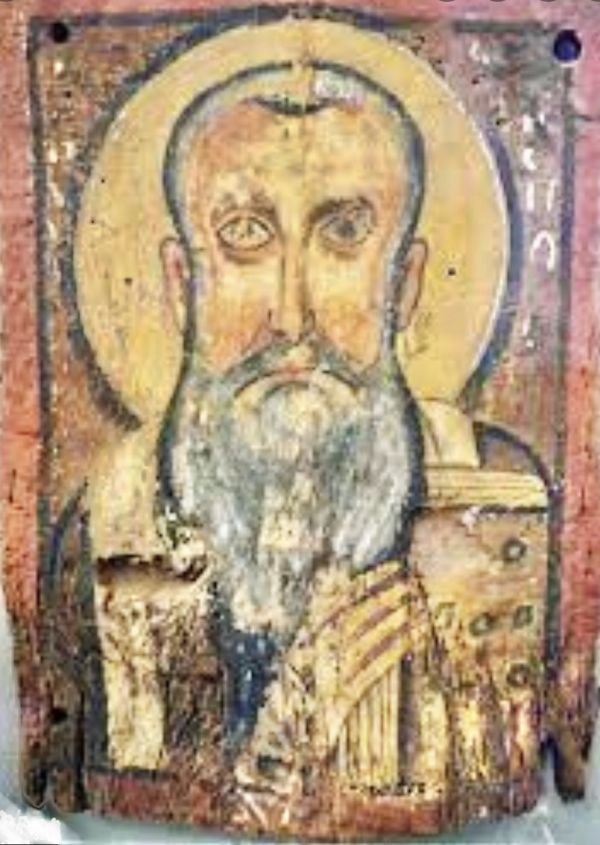I Am, and our dignity
(Jn 8:51-59)
The Gospel passage is addressed to the disciples of the Johannine communities who still hesitated to declare themselves fully of Christ.
Hunted and insulted by veterans of Jewish learning, they were founding it difficult to identify the immanence of the Eternal with a simple carpenter.
Christ's dignity cannot be established by comparison with the most celebrated figures of salvation history: his is an eternal being, though he appears [in us] of insufficient figure.
But what he effectively communicates does not only exist in a specific place or at a specific moment in time. So he could not be an instrument for cultural claims.
His Mystery seems difficult to fathom and describe.
To express it briefly, we can refer to the paradoxical reversal of the categories «from up there» and «from down here» (cf. vv.21-30).
His is a spirituality founded on personal Faith that goes beyond the common religious sense.
In whoever keeps united with Him, the Mystery implied becomes light’s creative, yet without pretensions.
As someone who subtly has no beginning and no end, everywhere; even in the daily and modest, but continuous and present.
Although devoid of full-blown fame, if ‘intimates’ to the Lord, we too can become a ‘bridge’ between two worlds - without ostentation.
This teaches us to recognize «his day» (v. 56).
Here Jesus claims the divine condition, ridiculing the knowledge of the experts, position defenders only.
Ancient or new leaders always feel diminished by the sword of the Word in action.
Seed that in those who receive it, make their own and cultivate it, transmits an indestructible power of regeneration.
Word that emanates a perspective, a rejoicing in being; new beginnings, without the cloak of descent or à la page ideas.
Those who want to break free from the land of slavery cherish this Proposal. It emancipates us from the sense of belonging at all costs, and it doesn’t die.
Nor does he capitulate in the face of bygone or glamour power’s pitfalls.
System that despite the great promises, doesn’t give the Eternal's quality of Life; it doesn’t make us Allies.
The Name of God that Jesus attributes to himself indicates that He’s sacrament of enlightenment.
«I Am» is not the attribute of a character to be counted in the gallery of those who have fought and paid for their ideas - fathers in faith and prophets.
The Lord is our Liberator. In him we can say: «I» - with dignity.
Now we are no longer on the leash of the slavery’s land.
We are able to express ourselves. We do not remain pawns of twilights and of narrow districts.
Such an inner Friend ‘does not die’: he also allows us to wander, but ‘knows’ where.
He unerringly ‘guides’ to destination; to the brightness of open horizons, vital because they are still raw, unsophisticated.
We are thus introduced into the knowledge of the One who is by now «coming out» of the Temple (v.59).
With the immeasurable breadth that does not weigh on the heart.
[Thursday 5th wk. in Lent, April 10, 2025]












